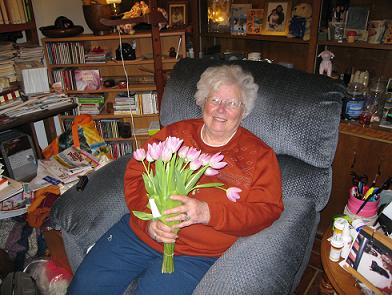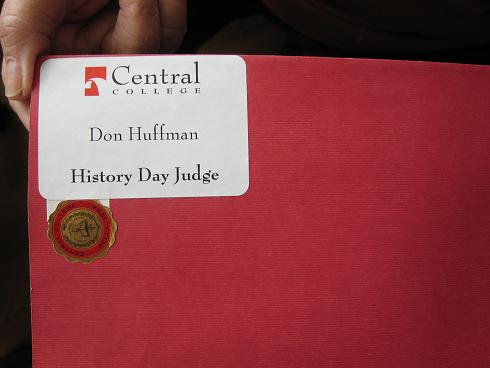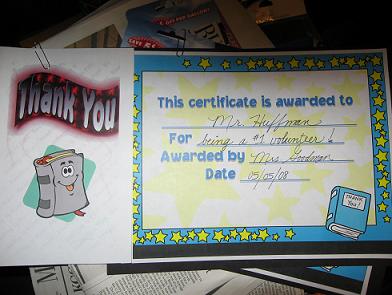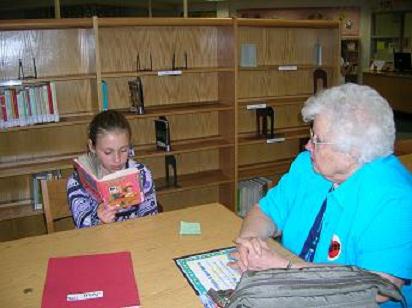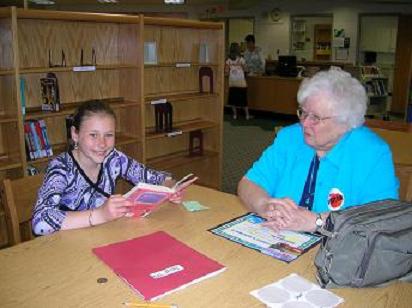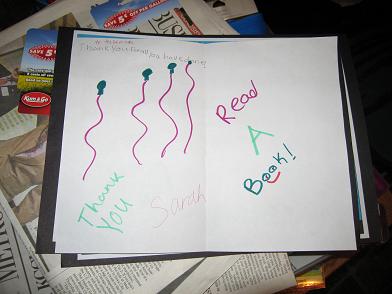The words we use can be important, and political elections sometimes bring out the worst in language use. Recently, two of the most common hate words2 used by one political party about the other were “liberal” and “words.” One presidential candidate3 denounced4 the other party’s candidate as “a privileged wordsmith5, a man of mere words who has ‘authored6’ two books and done little else.” Another extremist7 from the same political party referred to the opposing candidate as “just an elitist8 who worked with words, and words are everything to him;” but this critic9 admired one of his opponents “because she’s a woman who’s worked with her hands.”
Conservatives10 disdained11 the opponent’s “book knowledge.” One might ask whether this criticism is residual Puritanism12 or merely the more familiar American anti-intellectualism13 which assumes that to work with words is not to work at all. In this vision14, there is something dangerous about effective use of words: they confuse, they corrupt, and they get in the way15 of humility.16
But, we all use words, we need words, and both political parties struggle constantly over which words to use in describing their opponents’ or their own words17. One presidential candidate who himself had initially referred to an opponent’s health care plan as “a pig with lipstick,18” accused his opponent of calling his vice-presidential partner a pig. “I know he chooses his words carefully, and it was the wrong thing for him to say. I don’t choose my words very carefully, but he does, so he should have chosen them more carefully.” Was this implicit19 praise for his opponent?”
There is power in words. Language is a slippery fluid20, a river into which you can dump anything at all as long as your opponent is the one who is downstream. To be fair, those political candidates who appear to decry21 facility22 in the use of words have been skillful themselves, not just at amoral manipulations23 of words, but at the creation of “a fresh, vivid, home-made turn of speech24.”
One party’s presidential candidate referred to himself as an “Original Maverick”25 in TV ads, sounding suspiciously like a logo26 or brand name we’ve all heard of. Original has the reassuring27 sound of something like, “Serving Americans of discernment since 195128.” Original usually means eccentric29, strange, unusual, and also first and belatedly30 copied by others. His opponent was accused of using “fancy words, diplomas31, and authored books.” His vice-presidential partner candidate added, “I do take issue with some of the principle there with that redistribution32 of wealth principle that seems to be espoused33 by you.” If wise choice of words does matter, after all, should this same person have said on another occasion, “nuclear weaponry, of course, would be the be-all-end-all34 of just too many people in too many parts of our planet.”? What does that mean? When asked to comment on the claim that her partner had declared the American economy to be sound35, she said “it was an unfair attack on the verbiage that the senator chose to use, because the fundamentals, as he was having to explain afterwards, he means our workforce36, he means the ingenuity37 of the American people. And, of course that is strong, and that is the foundation of our economy. So that was an unfair attack there, again, based on verbage that he used.”
It would be difficult to find a better example of disdain38 and lack of appreciation for words than that remarkable use of the non-word39 of verbage, so close to garbage40, so far from language. Did she mean verbiage, but pronounce it badly?
Notes:
1. verbiage: speech or writing that has many unnecessary words in it (冗词,废话).
2. hate words: intense hostility spoken often in anger or derision (攻击性词汇).
3. presidential candidate. a person selected by a political party to compete for the presidency of a country (总统候选人).
4. denounced: publicly accuse or proclaim a person or thing to be inferior or unacceptable (谴责,痛斥).
5. privileged wordsmith: a person having an advantage by means of using words well (有特权的辞匠).
6. authored: written one or several books (写作,创作).
7. extremist: A person who takes a position either far to the negative, or far positive to the average or normal position on an issue (极端主义者).
8. elitist: a person who enjoys advantage or favor over others because of superior education, training, or superior knowledge (杰出人物).
9. critic: a person who finds flaws or errors in ideas, individuals, information, etc. (批评家).
10. conservatives: people who favor traditional ideas as opposed to liberal or new ideas, especially in political or economic issues (保守派).
11. disdained: thought that someone or something was not important and did not deserve any respect (鄙视,蔑视).
12. residual Puritanism: a behavior of strictness learned and retained from a religious background (残存的清教徒行为). Puritans were a group of persons of very strict religious beliefs who came from Europe and settled in what is now the New England area of the U.S.
13. anti-intellectualism: a position opposing or hostile to intellectual ideas, concepts, or approaches to problem solving (反理智主义).
14. vision: a way of seeing or knowing something usually based on belief or knowledge (眼光,看法).
15. get in the way of. interfere with or obstruct a plan or system of someone or something else (干涉,干预).
16. humility: a quality or state of being humble (谦逊,谦恭).
17. both political parties struggle constantly over which words to use in describing their opponents’ or their own words: 两个政党都绞尽脑汁使用语词去描述对方或自己的说法。
18. “a pig with lipstick”: a metaphor meaning that for a pig, lipstick is just an added item that has no legitimate place or function (涂口红的猪,一个隐喻,表示对于猪来说涂上口红是不合理没有用的). This phrase is commonly used to describe an idea or concept which is inappropriate or foolish by something it is associated with.
19. implicit: suggested or understood without being stated directly (暗示的).
20. slippery fluid: a metaphor meaning that language is slick, hard to get hold of, and easily dropped or lost from one’s grip or possession (柔滑的液体,该隐喻表示语言是柔滑的,很难抓得住,抓住了也很容易失去).
21. decry: make strong opposition to something, to denounce an idea or concept, person or activity, etc. (公开反对,谴责).
22. facility: the easy or evident ability or skill in the use of something or for some task (天赋,技能).
23. amoral manipulations: techniques without any moral sensibility or basis (是非不分的操纵,控制).
24. a fresh, vivid, home-made turn of speech: 新鲜、生动、自制的措辞。
25. “Original Maverick”: the first or unique individual who is intentionally different from others (首位特立独行的人). In the TV ads, the maverick is shown as a brave, cowboy type.
26. logo: A letter, symbol or identifying sign which represents a company, country, person, etc. (标识,标志).
27. reassuring: giving or restoring confidence or comfort to others (令人安心的,安慰的).
28. “Serving Americans of discernment since 1951”: a typical advertising style statement which intends to capture the imagination of the public (服务于有鉴赏能力的美国人达半个多世纪之久,这是典型的广告风格的语句,其目的在于抓住公众的想象力).
29. eccentric: off centered, unusual, or out of the ordinary in behavior or appearance (怪异的,反常的).
30. belatedly: after the fact, or later than expected (迟,太迟).
31. diplomas: documents showing evidence of completion of a given educational level, such as BA, MS, PhD etc. (毕业文凭,学位证书). Here the speaker is attempting to say that his opponent is attempting to show superiority by use of his educational achievements.
32. redistribution of wealth: the process of rearranging, or directing a given set of assets or wealth in a different way (财富重新分配). Some politicians think of this as “taking from the rich and giving to the poor,” but it may mean simply restructuring tax levels based on wages or wealth so that there is a more equitable sharing in a society or nation.
33. espoused: offered or supported by an individual, group, etc. Given credit for an idea or technique (支持,拥护).
34. “be-all-end-all”: the ultimate or best final solution to a problem or task (宗旨,终极目的).
35. sound: healthy or robust (健康的,良好的). In this case, it refers to a strong, secure economic basis.
36. workforce: the entire or collective employed individuals in an area or nation (劳动人口,劳动大军).
37. ingenuity: the ability to arrive at unique and positive ideas or solutions to a problem which exists (足智多谋).
38. disdain: scorn or dislike of something or someone, or a policy or idea (鄙视,蔑视).
39. non-word: an unaccepted word, often a mistake of usage (错词).
40. garbage: the waste or spoiled food items which are discarded (垃圾).
